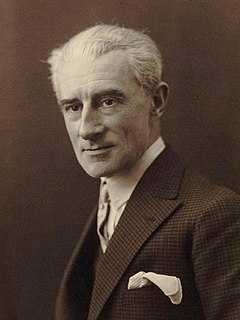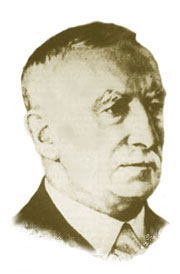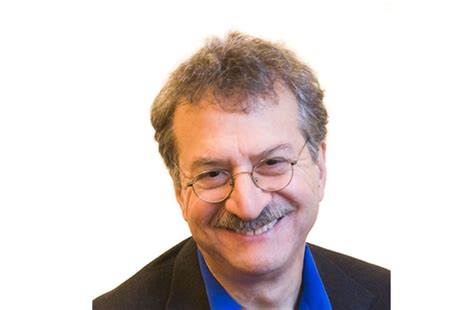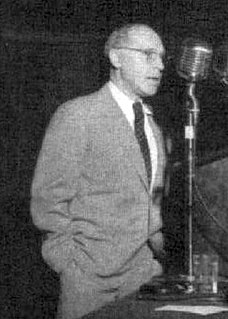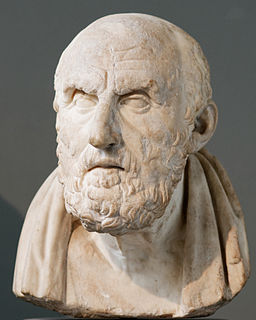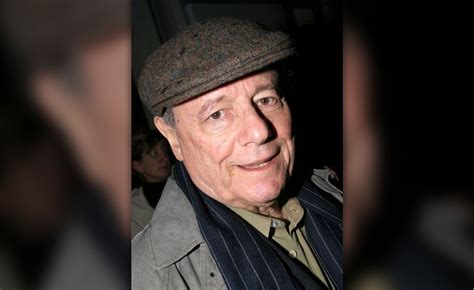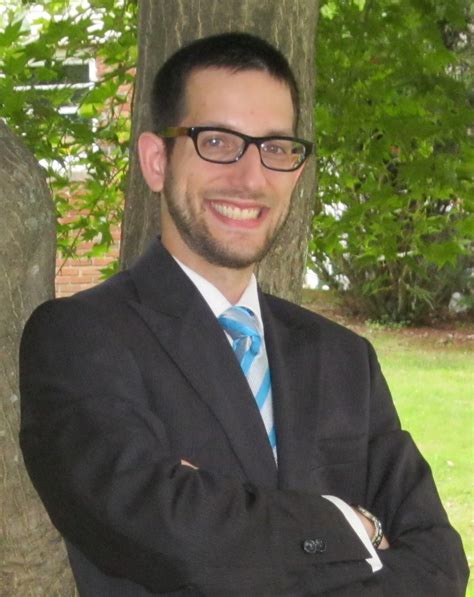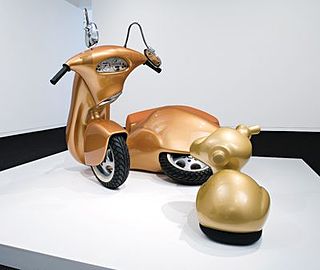A Quote by Maurice Ravel
Does it not occur to people that I might be artificial by nature?
Related Quotes
We speak erroneously of "artificial" materials, "synthetics", and so forth. The basis for this erroneous terminology is the notion that Nature has made certain things which we call natural, and everything else is "man-made", ergo artificial. But what one learns in chemistry is that Nature wrote all the rules of structuring; man does not invent chemical structuring rules; he only discovers the rules. All the chemist can do is find out what Nature permits, and any substances that are thus developed or discovered are inherently natural. It is very important to remember that.
I think whatever nation or whoever develops one artificial intelligence will probably make it so that artificial intelligence always stays ahead of any other developing artificial intelligence at any other point in time. It might even do things like send viruses to a second artificial intelligence, just so it can wipe it out, to protect its grounds. It's gonna be very similar to national politics.
There is no climate, no place, and scarcely an hour, in which nature does not exhibit color which no mortal effort can imitate or approach. For all our artificial pigments are, even when seen under the same circumstances, dead and lightless beside her living color; nature exhibits her hues under an intensity of sunlight which trebles their brilliancy.
...But nature does not say that cats are more valuable than mice; nature makes no remark on the subject. She does not even say that the cat is enviable or the mouse pitiable. We think the cat superior because we have (or most of us have) a particular philosophy to the effect that life is better than death. But if the mouse were a German pessimist mouse, he might not think that the cat had beaten him at all. He might think he had beaten the cat by getting to the grave first.
As we gain satisfaction from artificial substitutes for nature we forget that there is no known substitute for Nature, the real thing and its eons of intelligent, life supportive, experience. Each substitute we create falls short of nature's balanced perfection, thus producing our pollution, garbage and relationship conflicts.
